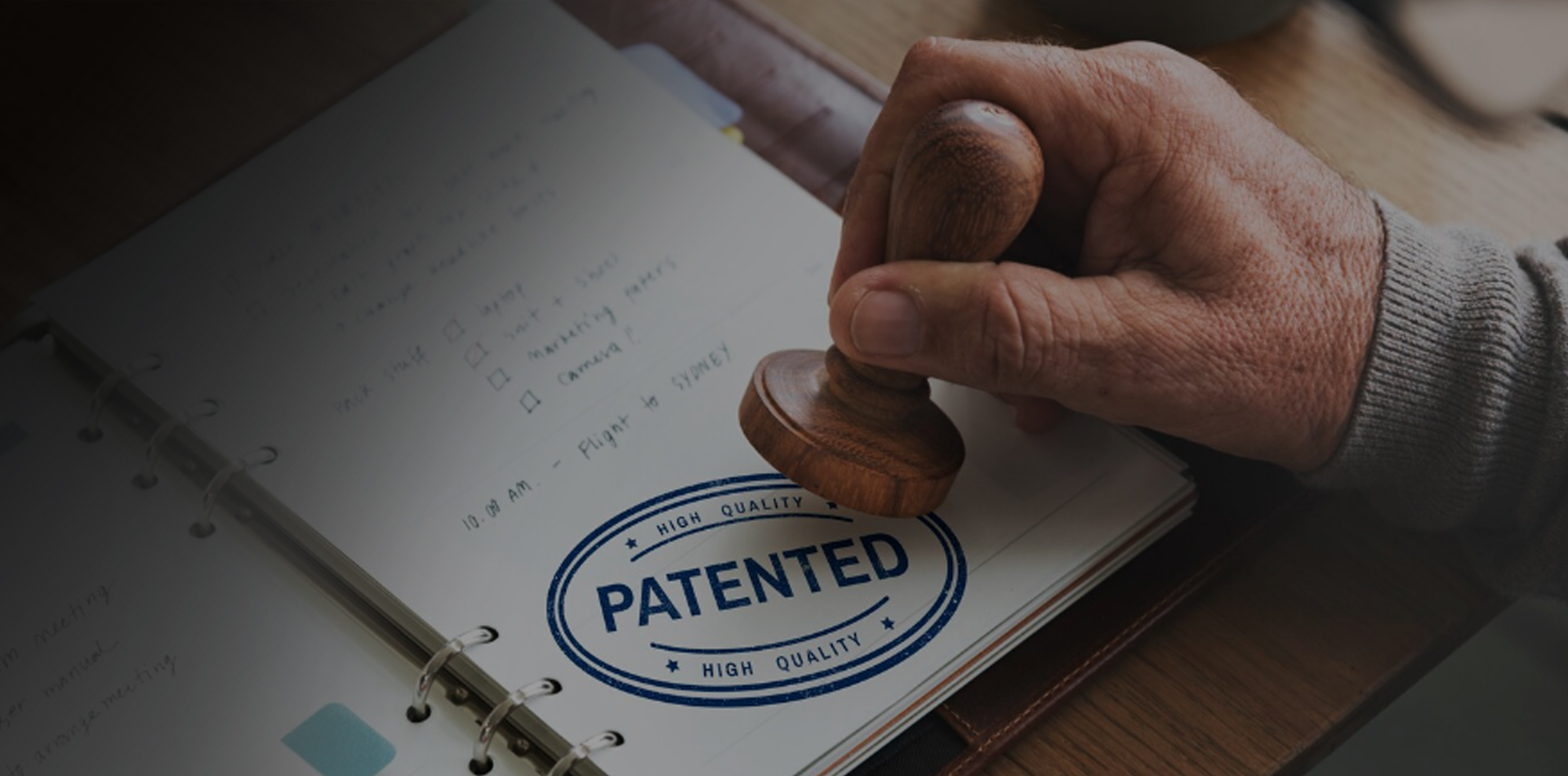Patents

The imperative for robust patent protection and enforcement within developing economies is indispensable. India, as one of the world’s fastest-growing consumption - and innovation-driven economies, fully recognizes the critical importance of incentivizing innovation through a strong patent regime. The country's patent laws are aligned with global standards and supported by an evolving enforcement mechanism, fostering a conducive environment for innovation. This evolving legislative framework has been instrumental in attracting both multinational corporations (MNCs) and homegrown innovation-led enterprises.
Over the past seven decades, India’s patent legislation has seen significant evolution, characterized by comprehensive amendments and transformative judicial rulings. Landmark decisions by Indian courts have played a vital role in reinforcing and shaping the contours of Indian patent jurisprudence. As a leading Tier - 1 IP law firm, L.S. Davar & Co. has been at the forefront of these developments, representing clients in high-profile patent litigation and incorporating judicial best practices into its advisory and litigation strategies. Simultaneously, the firm maintains vigilant oversight of every amendment to the Patent Act and promptly integrates these developments into its prosecution practices before the Indian Patent Office.
Since our establishment in 1932, we have consistently delivered exceptional value in patent prosecution, as reflected by an average client retention rate exceeding 35 years in this domain. This enduring loyalty stands as a testament to the depth, consistency, and effectiveness of our services. Our patent department comprises over 100 highly qualified patent attorneys, each holding academic and professional credentials from Indian and foreign premier institutions and averaging more than 15 years of hands-on experience. Given the dynamic and ever-changing patent landscape, we place a strong emphasis on continuous learning and professional development. To ensure our team remains at the cutting edge of the field, we conduct structured monthly training programs focused on deepening domain knowledge, sharpening legal acumen, and enhancing professional responsibility.
Our comprehensive suite of patent-related services includes the following:
Prior Art Searches and Techno-Legal Opinions
- Patentability and novelty assessments
- Freedom-to-operate (FTO) analysis
- State-of-the-art and landscape studies
- Invalidity and infringement evaluations
Patent Drafting and Filing
- Provisional and complete specifications
- Domestic and international filings, including ordinary, convention and PCT applications
- Coordination of foreign filings through global associate networks
Patent Prosecution and Portfolio Management
- Response to office actions and FERs
- Hearing representation and post-grant proceedings
- Patent renewals, annuity payments, and recordals
- Global portfolio coordination and strategy
Patent Enforcement and Dispute Resolution
- Infringement litigation and revocation actions
- Opposition proceedings and appellate representation
- Arbitration and mediation of patent and broader IP disputes
- Pre-litigation strategy and enforcement planning
Transactional and Commercial IP Advisory
- IP due diligence and audits
- Licensing strategy and agreement negotiation
- Patent valuation and technology transfer support
- Structuring of SEP/FRAND-based arrangements and risk assessment
At L.S. Davar & Co., we are committed to implementing strategic processes and technological tools that deliver optimal outcomes for our clients. Our services are characterized by transparency, efficiency, and cost-effectiveness. Our well-defined internal workflows and nuanced understanding of procedures at the Indian Patent Office enable us to consistently achieve excellence. We possess the operational bandwidth to handle high volumes of work without compromising on quality, ensuring that every client engagement receives the highest level of diligence and professionalism.
In addition to our professional services, L.S. Davar & Co. is deeply invested in the evolution of India’s patent landscape through consistent and constructive policy engagement. We actively participate in consultations, conferences, and task forces organized by key industry and professional bodies including CII, FICCI, FICPI, AIPPI, INTA, APAA, and ECTA. We also maintain strong channels of communication with policymakers, judicial forums, and regulatory authorities. Our firm believes that legal practitioners have an essential role in not just interpreting the law, but in helping to shape it. Through white papers, stakeholder feedback, and advocacy initiatives, we strive to contribute meaningfully to the development of fair, effective, and innovation-driven IP policy in India.


